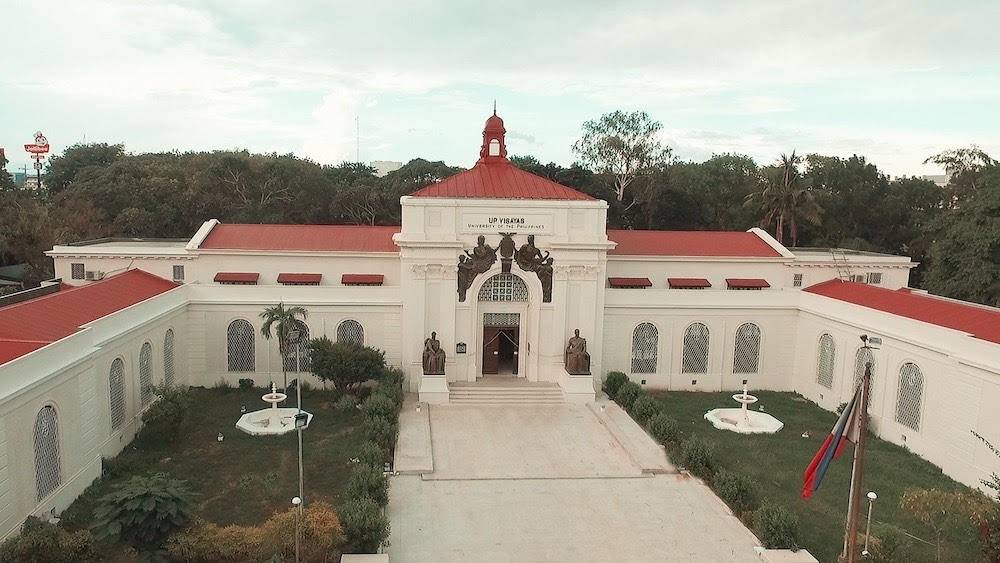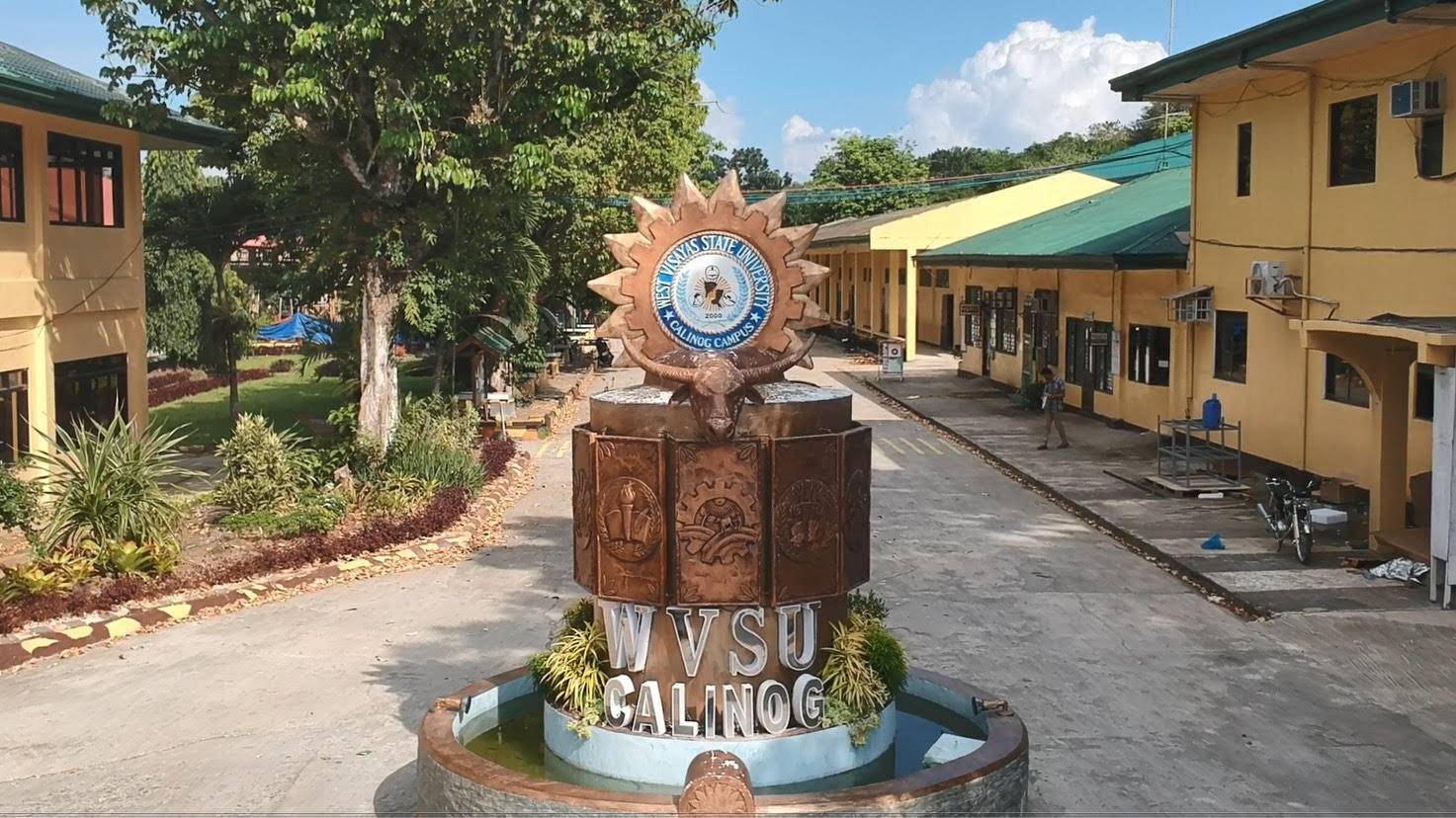2 state universities in Iloilo slam NPA recruitment claims

ILOILO CITY—Two state universities in Iloilo province have denounced allegations of recruitment activities by communist groups in their schools after the issue was raised in a recent Senate hearing.
Officials of the West Visayas State University (WVSU) Calinog campus in Iloilo dismissed a Philippine National Police report, which was presented by Sen. Ronald dela Rosa in an Aug. 6 Senate inquiry, indicating that the university was among the 102 educational institutions allegedly involved in recruitment for the Communist Party of the Philippines (CPP), New People’s Army (NPA) and National Democratic Front of the Philippines (NDFP).
Citing an internal investigation, Dr. Rosario Clarabel Contreras, campus administrator of the WVSU-Calinog, said there was no evidence of CPP-NPA “recruitment or insurgency” in the university. She said the university remained committed to “maintaining a safe, inclusive environment conducive to academic growth.”
She urged the public to rely on verified information from reliable sources, saying that misinformation could harm educational institutions and their students’ future.
“We stand firm against any form of insurgency and will continue to ensure our campus remains a haven for learning and intellectual development,” Contreras said in a statement.
Critical thinking
Officials of the University of the Philippines Visayas (UPV) in Iloilo expressed grave concern over the statement made by former NPA rebel Jeffrey Celiz in a recent interview, citing the school as one of the supposed NPA recruitment centers on Panay Island.

“UPV is a safe space where students are empowered to exercise critical thinking in a democratic learning environment. Making such a dangerous and baseless generalization exposes our students and other constituents to unnecessary risks, and maligns an institution that has been a reliable partner of national and local government agencies in addressing various environmental and social concerns,” Dr. Clement Camposano, UPV chancellor, said in a statement.
Camposano called on leaders of Congress not to dignify “unverified, irresponsible and dangerous statements made by the likes of Celiz.”
The inquiry held by the Senate committee on public order and dangerous drugs and led by Dela Rosa, a former PNP chief, also brought attention to past incidents, including WVSU’s inclusion among universities Red-tagged by the National Task Force to End Local Communist Armed Conflict in 2020.
Dela Rosa, as cited by the Senate Public Relations and Information Bureau, said the fight against radicalization of students by communist groups was not only a matter of national security but is a “moral imperative.”
“… [W]e continue our discussion to understand and expose the schemes of terrorist groups, specifically the CPP-NPA-NDF. We press on to unmask their modus operandi in exploiting student rights and welfare and how they use as a shield the constitutionally enshrined academic freedom to radicalize and recruit students and teachers,” the senator said during the Aug. 6 hearing.
Educational crisis
But the administrators of WVSU-Calinog dismissed the allegations raised in the hearing as “baseless” and “unfounded.”Several political organizations within WVSU also voiced their concerns over the PNP’s claims.
Lakas Youth Organization, Sandigan ng Mag-aaral para sa Sambayanan and the University Students Alliance condemned the focus of the inquiry, calling it an “inappropriate focus” amid the nation’s educational crisis.
They said the government’s focus on Red-tagging revealed “misplaced priorities” as state universities and colleges faced budget cuts, deteriorating facilities and declining quality of education.
















